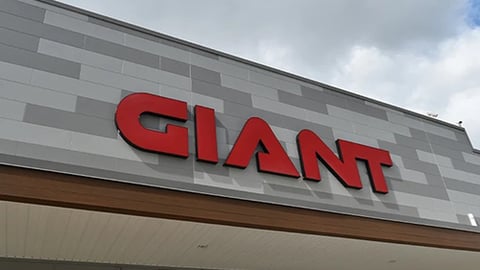Walmart Outlines Plan for Sustainable Beef Supply
Walmart Inc. plans to make gains toward its sustainability goals by introducing new transparency to its beef supply chain.
What the chain called its new aspirations about how it gets its beef are part of Walmart’s larger objectives for sourcing 20 key commodities more sustainably by 2025. Walmart said that it's encouraging its beef suppliers to continuously improve their efforts in understanding the entire beef production cycle, from farm to fork.
“Using a science-driven process, we worked with The Nature Conservancy to identify opportunities and strategies to improve sustainability efforts throughout our supply chain, which can ultimately lead to improved soil health and decreased greenhouse- gas emissions,” according to a blog post written by David Baskin, merchandising VP meat for Walmart U.S., and Kyle Kinnard, the Sam's Club U.S. VP and divisional merchandise manager of meat and seafood. “With this in place, we aspire to source from fresh beef suppliers who have a tech-enabled supply chain to measure sustainability impact at scale.”
The use of better technology, the two executives wrote, can help beef suppliers measure the benefits of grazing and grain best practices, adaptively manage and offer a more accurate way to trace impact. Better technology can also help support beef suppliers’ efforts to better understand the environmental footprint of their supply chains via the use of geographic and greenhouse-gas indicators.
Sustainable retail, of course, is a hot trend in the world of commerce, including for groceries and other businesses in the business of selling and delivering food. Earlier in August, for instance, meal-kit provider HelloFresh said it had committed to becoming 100% carbon neutral – a global first for the meal-kit space, according to the Berlin-based company. HelloFresh is also transitioning its manufacturing facilities in both of its company segments – U.S. and International – to green energy, and shipping its meal kits in batches on delivery routes that are planned for maximum performance and minimum fuel.
Bentonville, Arkansas-based Walmart operates more than 11,300 stores under 58 banners in 27 countries, and e-commerce websites, employing 2.2 million-plus associates worldwide. Walmart U.S. is No. 1 on The PG 100, Progressive Grocer's list of the top food and consumables retailers in North America, while Walmart-owned Sam's Club ranks No. 9 on the list.





